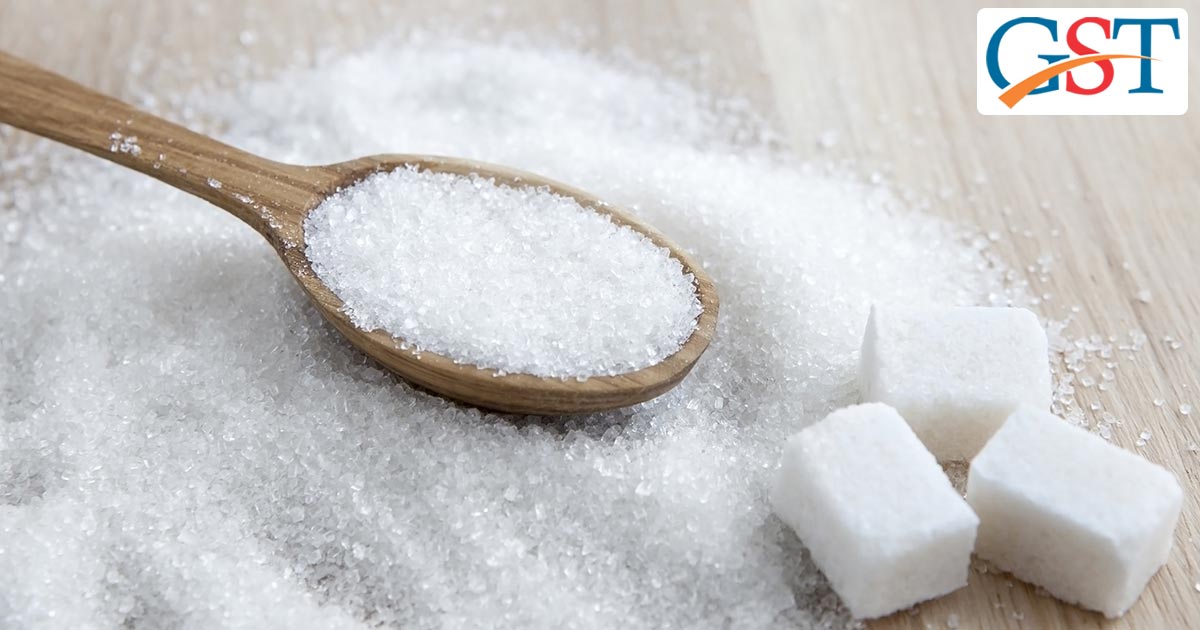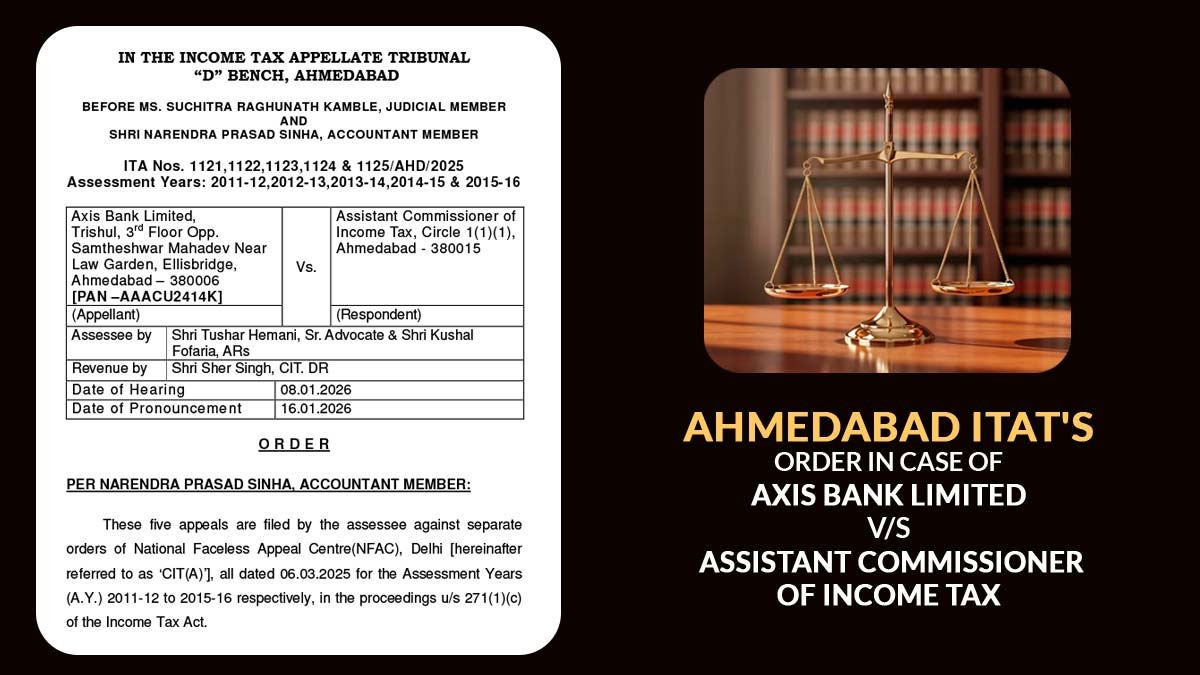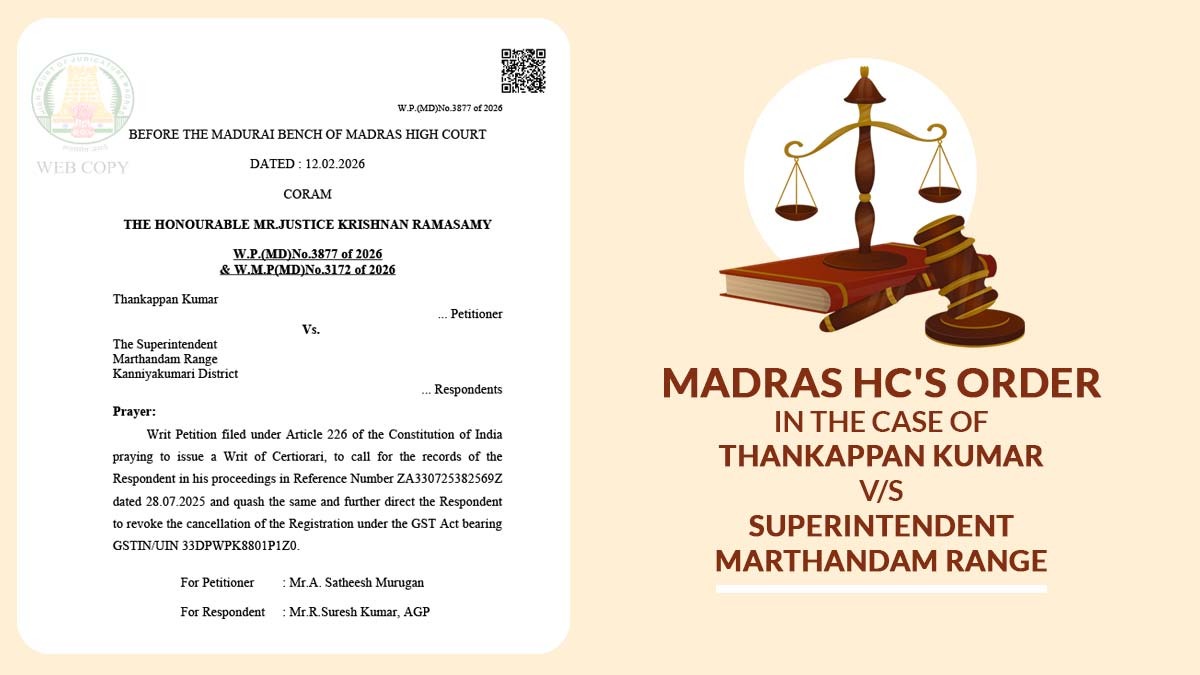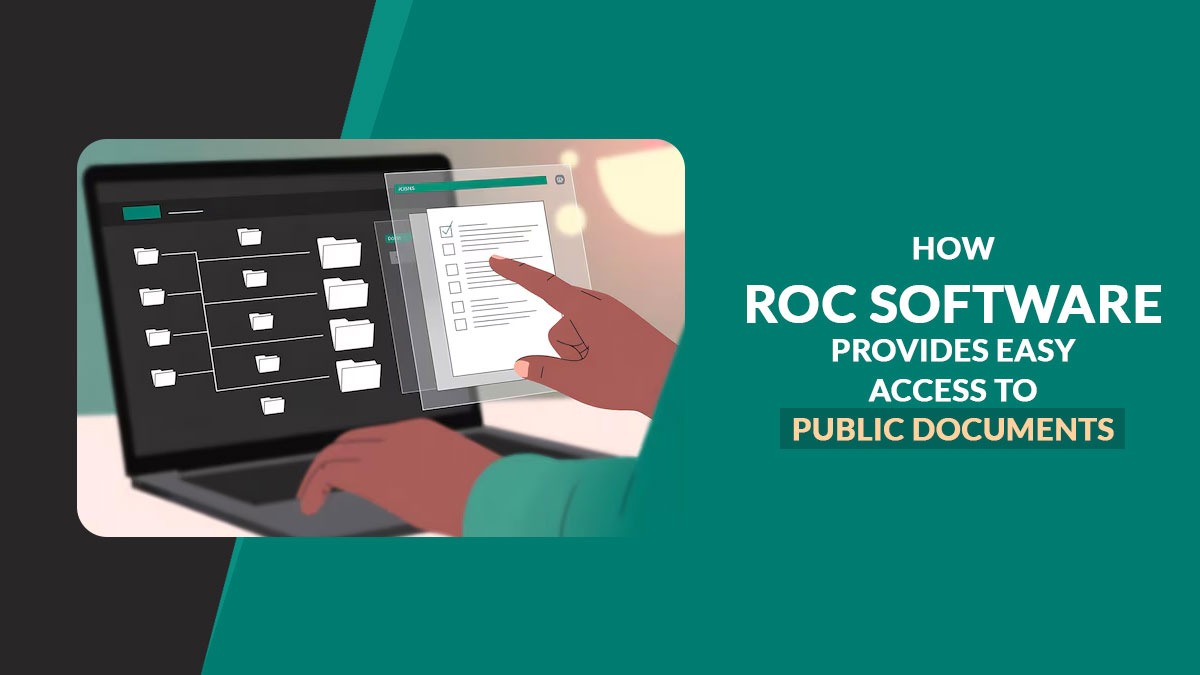According to the officials, the government is planning to impose the cess on the supply of sugarcane as it will be discussed in the 27th Goods and Services Tax (GST) Council Meeting. To impose the cess on sugar canes is one of the important proposals which will help to generate funds as well as clear the mill dues obligated to farmers.
The fund is proportionate to clear the dues of mills and compensate for the difference between the benchmark rate, also called fair and remunerative price (FRP), and the revenue-sharing formula which was suggested by the Rangarajan Committee.
Some states such as Maharashtra and Uttar Pradesh are dealing with financial issues related to sugar cane before the general elections in 2019. A panel of ministers which comprises Nitin Gadkari, Shipping and Road Minister, Ram Vilas Paswan, Food Minister and Dharmendra Pradhan.
According to Ram Vilas Paswan, “Some of the important suggestions from Monday’s meeting are that we want to give production subsidy (to farmers). Secondly, sugar cess should be imposed.”
Read Also: Goods and Services Tax Impact on Indian Common Man
As of now, the date of the next GST Council meeting has not been officially announced by the government, but the sources indicate that it is likely to be held in May, before the election of Karnataka which is to be scheduled on 12th May.
Sugar Mills are facing problems to clear the debts of canes which crossed 19,780 crores by March end, after the crisis in the prices of sugar canes in the recent month. Some of the states such as Maharashtra and Uttar Pradesh had adopted authoritarian and illogical price mechanism, which has enhanced the prices of sugar canes at the extremely high levels. The Fair and Remunerative Price (FRP) earlier to be charged at reasonable rates which have been raised frequently in the recent years making difficult for the mills to pay outstanding amount to farmers when sugar prices are high.
Previously, official sources stated that a cess of Rs 1-1.50 per kg would be sufficient enough to clear the cane dues owed to farmers and to put the sugar mills back on track. The food ministry wrote a letter to the ministries of law and finance in which the ministry recommends a cess on cane could be levied on the GST. Gaurav Goyal, President of Indian Sugar Mills Association (ISMA), also sent a letter to Ravi Kant, food secretary, to pay attention that sugar mills are losing up to `63 on purchases of each quintal of cane at FRP which is based on the Rangarajan panel’s linkage formula.
Recommended: Is GST Giving Extra Benefits to the Indian Consumers?
The move to implement cess on sugar cane is quite difficult. In order to reduce the burden on mills and farmers, the government is working upon to combine the FRP and cess on sugar canes. The Rangarajan Committee panel in 2012 recommended that farmers should be paid either 75% of mills’ realizations from sugar for cane supplies or 70% of sales proceeds from sugar as well as several other cane byproducts like bagasse, molasses, and press mud.











july 17 to dec17 qtr uploaded, now need to pay tax n penalty, I should pay via creating challan, then how will it reflect that payment is made for July to Sept 2017, when trying to pay Oct to Dec qtr it says pay the liability. pls post yr msg to my below email ID